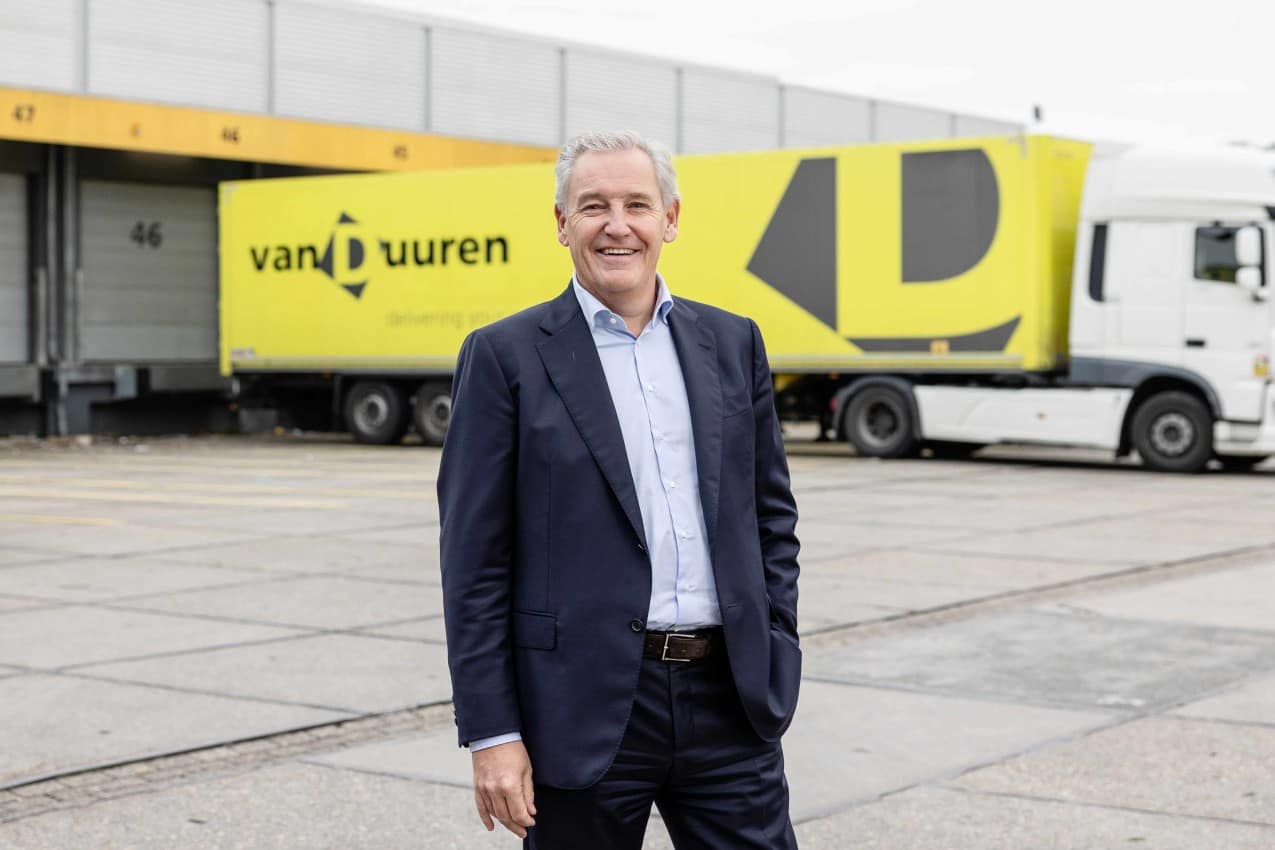It is often observed: on LinkedIn, the world of professionals/entrepreneurs in all kinds of fields seems to be one big party: one success is more beautiful than the other and milestones and highlights are celebrated on a conveyor belt. Of course, it’s also fun and valuable to share those great stories (we at Van Duuren do a lot of that). But the life of an entrepreneur is not always about roses, of course. So why should we pretend on social media that the sun is always shining? Besides: we can learn at least as much from resistance and setbacks as from successes. So why not highlight more often the difficult moments we all experience as entrepreneurs?
With this in mind, in this column I will take a look at one such difficult moment and reflect on a problem that has been troubling us in logistics for some time: the silent crisis. One of the special things about working in logistics is that you often spot economic trends earlier than people in other industries. We are a kind of thermometer of the economy and in our business we are the first to notice whether better or worse times are coming. And unfortunately, I can’t sugarcoat it: we are now in a silent crisis. We see volumes falling, the economy is sluggish. Companies still know how to find us, but where they normally send 10 pallets, it is now about seven pallets. Why do I speak of a silent crisis? Because you don’t notice it in the media and at birthday parties. Almost everyone has a job, people are still being sought in all sorts of places, so on the face of it, there is little to worry about.
But, as mentioned, our business is definitely under pressure. What do you do when you find that volumes are declining? That is a challenge, because we just want to send our cars to Milan or Madrid, after all, customer service is key. We incur the same costs on fuel, staff et cetera, as we would otherwise, but cannot send full trailers on the road. I often see companies around me shoot straight to the cost side in times like these: cut costs, cut costs, cut staff … Perhaps a logical reflex at first glance, but we see it quite differently: we focus entirely on turnover. That means above all: we are not going to cut people! You don’t do that as a family business. Our people are our most important asset, and dismissing good colleagues is really ‘pennywise, pound foolish’: if the market picks up again later, you will suddenly find yourself lacking internal knowledge and it could cost you the earth to recruit that good colleague again.
In short: the solution is not on the cost side as far as we are concerned. So what do we do? We will go full on sales. In difficult times, doors with potential customers open more easily because people are open to change. That leaves room for a good conversation on content. And as for that internal organisation: as a family business, we are not a supertanker (like many big corporates), but more of a speedboat and can also change gear quickly here. Instead of sacking people, we work with colleagues to see where temporary extra hands are needed. If people on the operation temporarily have less work, they can contribute on the sales side. Especially when the sun is not shining for a while, that is the key: being flexible, looking for opportunities and possibilities, in other words: showing entrepreneurship!
On regular base I write a column about my experiences as founder and director of Van Duuren. This column can also be found on our social media. Would you like to receive my column ? Let me know by sending an e-mail to jeroen.van.duuren@vanduuren.com and I’ll send it to you from now on.
